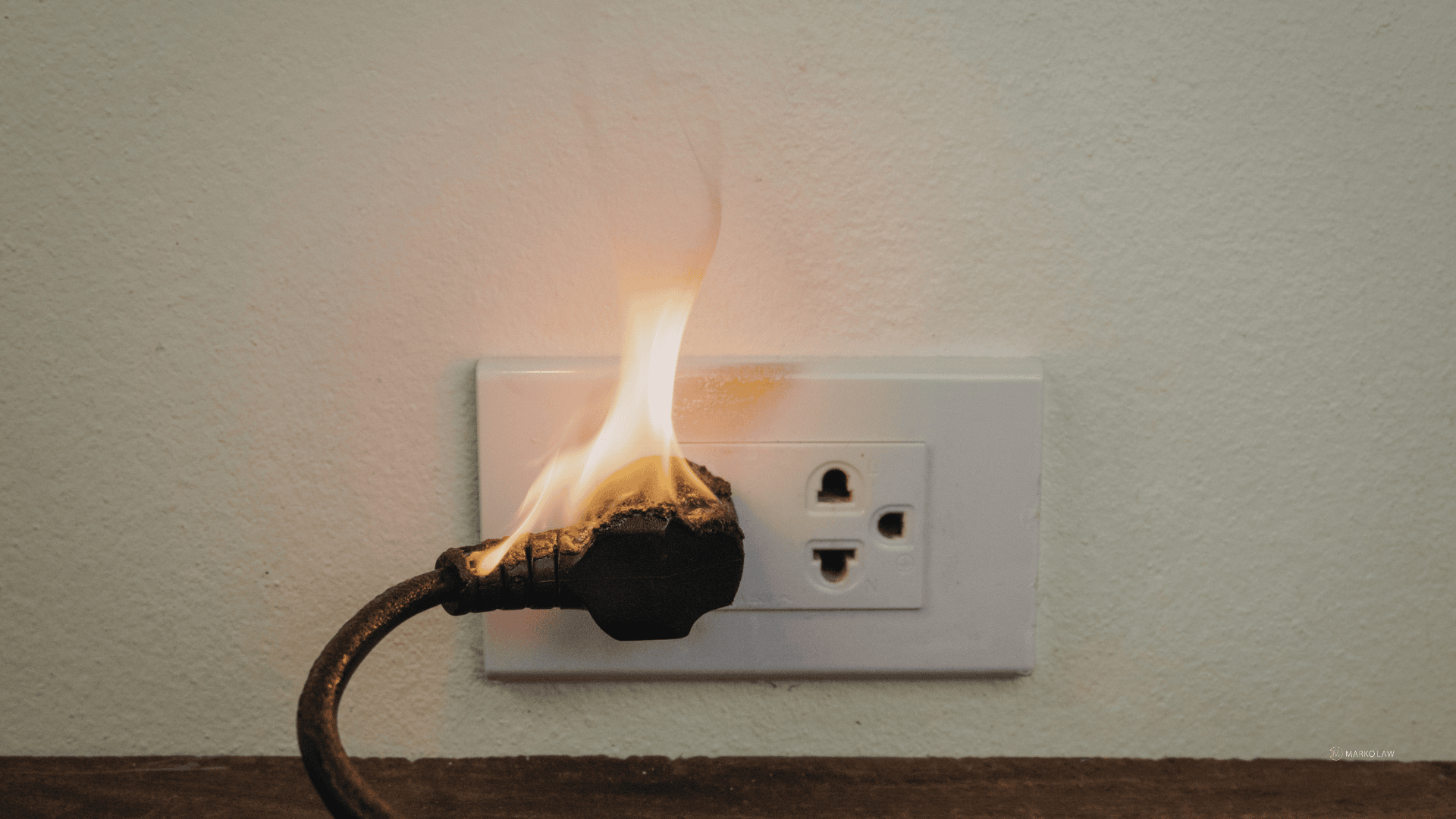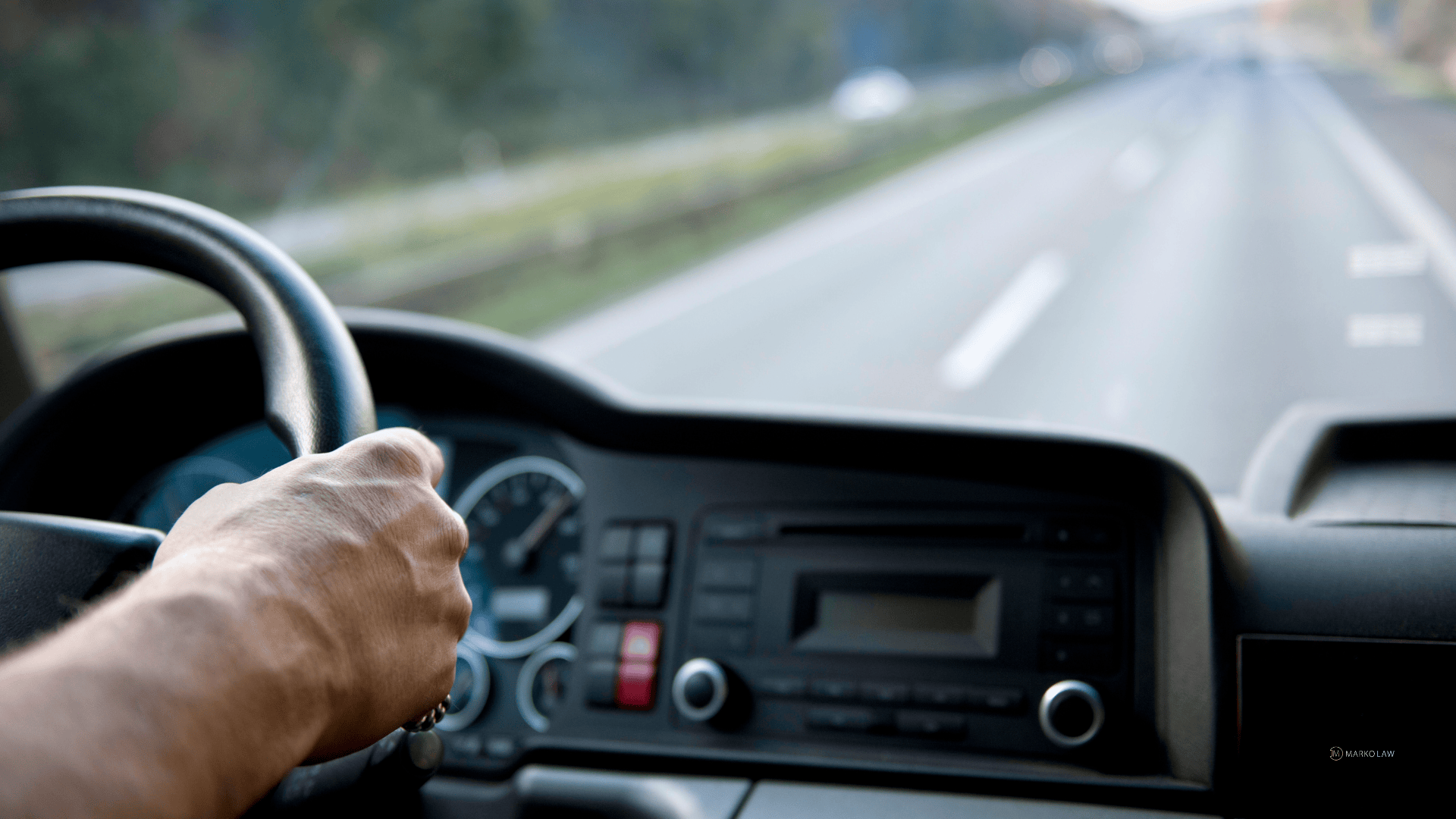Premises liability refers to the legal responsibility of property owners and managers to ensure that their property is reasonably safe for people who enter it. This applies to a wide range of properties, including retail stores, apartment complexes, office buildings, and public spaces. The central question in these cases is whether the owner or manager of the property took reasonable steps to prevent hazardous conditions that could lead to accidents like slips, trips, or falls. If it is determined that they were negligent in maintaining their property, they can be held liable for any resulting injuries.
Who Can Be Held Liable?
When it comes to slip and fall accidents, several parties may potentially be held liable depending on the circumstances.
- Property Owners: The owner of the property is typically the primary party held responsible for ensuring the safety of the premises. This includes individuals or businesses that own residential buildings, commercial properties, or public areas.
- Property Managers: In cases where the property is managed by a third-party company or individual, the manager may also be held liable if they were responsible for day-to-day maintenance and failed to address hazards or dangerous conditions in a timely manner.
- Tenants: In some cases, tenants who lease a portion of the property may also have liability, especially if they are responsible for maintaining certain areas, such as the interior of a rented space or a sidewalk adjacent to their business. Tenants may be held accountable for accidents if they failed to fix or report hazards that they were responsible for managing.
Legal Duty of Care
In premises liability cases, the key legal concept is the "duty of care." Property owners and managers have a duty to take reasonable steps to ensure that their premises are safe for visitors. This includes regularly inspecting the property for potential hazards, performing necessary repairs, and providing warnings about any dangers that cannot be immediately fixed.
For instance, if a grocery store has a spill in one of its aisles, the store management has a duty to clean it up promptly. If the spill cannot be cleaned immediately, they are required to place a warning sign to alert customers of the potential danger. Failing to address the hazard in a timely manner or not warning visitors about it constitutes a breach of this duty, which can lead to legal liability if an accident occurs as a result.
The duty of care also extends to different types of visitors. For example, property owners owe the highest duty of care to "invitees," such as customers in a store, who are on the property for the owner's benefit. The standard is somewhat lower for "licensees" (such as social guests) and even lower for trespassers, but the basic responsibility to prevent known hazards remains.
Proving Negligence in Slip and Fall Cases
Establishing Duty
The first step in proving negligence is to establish that the property owner or manager had a legal duty to maintain the area where the accident occurred. Under Michigan premises liability law, property owners have a duty of care to keep their premises safe for visitors. This duty varies depending on the relationship between the injured person and the property, but generally, property owners must:
- Regularly inspect their property for potential hazards.
- Fix or remove hazards that could lead to accidents.
- Provide adequate warnings about known dangers, such as posting "Wet Floor" signs after mopping or repairing damaged surfaces promptly.
For example, if someone slips on a wet floor in a grocery store, the store owner had a duty to keep the aisles safe and free from slipping hazards. Similarly, landlords and property managers have a duty to ensure that communal areas, like stairwells and sidewalks, are well-maintained and free from dangers.
Breach of Duty
Once the duty is established, the next step is proving that the property owner breached this duty. A breach occurs when the owner fails to take reasonable steps to address hazardous conditions. Examples of breaches of duty in slip and fall cases include:
- Failing to clean up spills in a timely manner.
- Neglecting to repair broken flooring, cracked pavement, or loose steps.
- Not removing ice and snow from sidewalks or parking lots during the winter.
- Failing to install proper lighting in stairways, entryways, or parking areas.
In some cases, a property owner may argue that they didn’t know about the hazard. However, the law often applies a "reasonable person" standard, meaning that even if the owner didn’t know, they should have known about the hazard through regular maintenance and inspection. A slip and fall victim must show that the dangerous condition existed long enough that the owner or manager had a reasonable opportunity to discover and fix it.
Causation
Causation is the third critical element in proving negligence. The injured party must demonstrate that the hazardous condition on the property was the direct cause of the accident and the resulting injuries. This means that the dangerous condition, such as a slippery floor or broken step, must be shown to have directly led to the slip and fall.
For example, if a person slips on a wet floor in a store, they must prove that the fall was caused by the water or other substance on the floor and not by their own carelessness or unrelated factors. In some cases, property owners may argue that the injured party was partially responsible for their own accident, such as if they were distracted by their phone or wearing inappropriate footwear. In Michigan, comparative negligence rules allow for shared responsibility, meaning the injured party’s compensation may be reduced if they were partially at fault for the accident.
Damages
The final element in proving a slip and fall case is demonstrating the damages suffered as a result of the accident. Damages include the physical, emotional, and financial harm caused by the slip and fall. To secure compensation, the injured party must provide evidence of their losses, such as:
- Medical Bills: Documentation of treatment for injuries, including emergency room visits, surgeries, physical therapy, medications, and ongoing care.
- Lost Wages: Evidence of time missed from work due to the injury, as well as any future earnings lost due to long-term disability or reduced earning capacity.
- Pain and Suffering: Compensation for physical pain, emotional distress, and any negative impact on the victim’s quality of life.
- Other Financial Losses: This can include any out-of-pocket expenses related to the injury, such as transportation costs for medical appointments or the need for home modifications.
The Legal Process for Slip and Fall Claims
Steps to Take After an Accident
If you experience a slip and fall accident, the actions you take immediately afterward are crucial for building a strong case. Here are some important steps to follow:
- Document the Scene (Photos, Videos): As soon as possible after the accident, take photographs or videos of the area where you fell. Be sure to capture any hazardous conditions that contributed to the accident, such as wet floors, uneven pavement, poor lighting, or ice. Visual evidence is critical in proving the existence of a dangerous condition, especially if the property owner quickly addresses the hazard after the accident.
- Report the Accident to the Property Owner or Manager: Notify the property owner, manager, or responsible party of the accident right away. If the accident occurred in a commercial setting, like a store or restaurant, ask for an accident report to be filled out. Make sure to get a copy of this report for your records. Reporting the accident establishes a record of the incident, which is important for your claim.
- Seek Medical Attention and Maintain Records: Even if your injuries seem minor at first, it’s essential to seek medical attention as soon as possible. Some injuries, like concussions or internal damage, may not be immediately apparent but can become serious over time. Make sure to keep all medical records, including doctor’s notes, treatment plans, and bills, as these will serve as evidence of the damages caused by the accident.
Filing a Claim
Once you’ve taken the immediate steps after a slip and fall accident, the next phase is to file a claim against the responsible party. This involves preparing your case and gathering all necessary evidence to support your claim.
- Time Limits (Statute of Limitations in Michigan): It’s important to act quickly, as Michigan law sets a strict time limit, known as the statute of limitations, for filing slip and fall claims. In Michigan, the statute of limitations for personal injury claims, including slip and fall accidents, is typically three years from the date of the accident. Failing to file within this time frame may result in losing your right to pursue compensation.
- Preparing the Case and Gathering Evidence: Preparing a slip and fall case requires gathering as much evidence as possible to prove the property owner’s negligence. This includes photos, videos, witness statements, medical records, and any other documentation that shows the hazardous condition and its role in causing the accident. Your attorney will help you compile this evidence and develop a strategy to prove the property owner’s liability.
The Role of Insurance
In most slip and fall cases, the property owner’s liability insurance will play a significant role in the claims process. Understanding how insurance companies handle these claims is essential to knowing what to expect.
- How Insurers Handle Slip and Fall Claims: Insurance companies typically investigate slip and fall claims thoroughly to minimize their liability. After you file a claim, the insurer will review the accident report, investigate the scene, and may even conduct interviews with witnesses or involved parties. They will also assess the extent of your injuries and any damages you are claiming, such as medical bills and lost wages.
- What to Expect During Negotiations: Insurance companies often attempt to settle claims for as little money as possible. It’s common for insurers to offer an initial settlement that may not fully cover your medical expenses, lost wages, and other damages. Having an experienced attorney negotiate on your behalf can significantly improve your chances of receiving a fair settlement. Your lawyer will handle communications with the insurance company, present evidence supporting your claim, and work to secure the compensation you deserve.
Contact Marko Law Today
Slip and fall accidents can be life-altering, leading to significant physical, emotional, and financial challenges. The legal process of proving negligence and securing compensation can be complex, requiring careful attention to detail, gathering evidence, and negotiating with insurance companies. Without legal expertise, such as Marko Law Firm, it can be difficult to navigate this process effectively.
If you or a loved one has suffered a slip and fall accident on someone else's property, don’t navigate the complex legal process alone. At Marko Law, we are dedicated to fighting for the rights of injury victims and ensuring you get the compensation you deserve. Contact us today for a free case evaluation and let our experienced team advocate for you.
Call 1-833-MARKO-LAW or +13137777777 to schedule your consultation.
Visit us at our main office: 220 W. Congress, 4th Floor, Detroit, MI 48226.
https://www.markolaw.com/









.svg)








